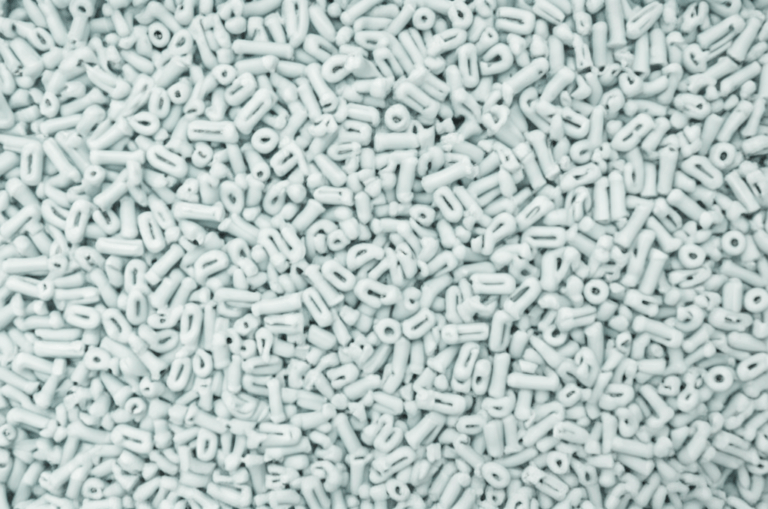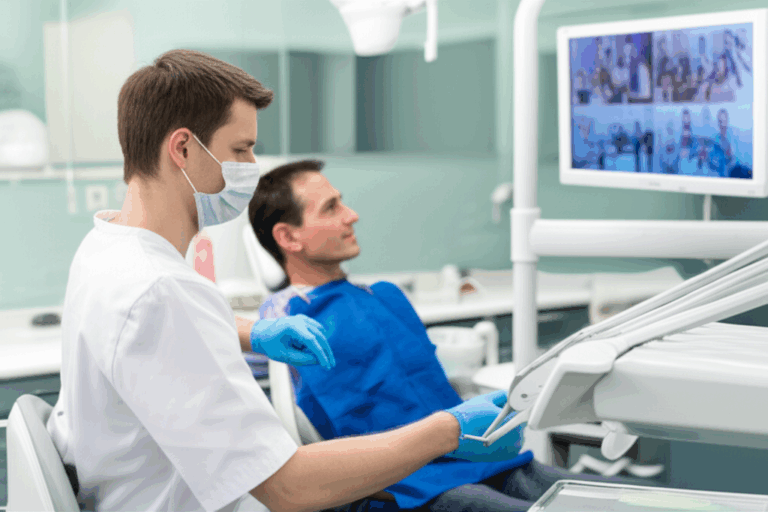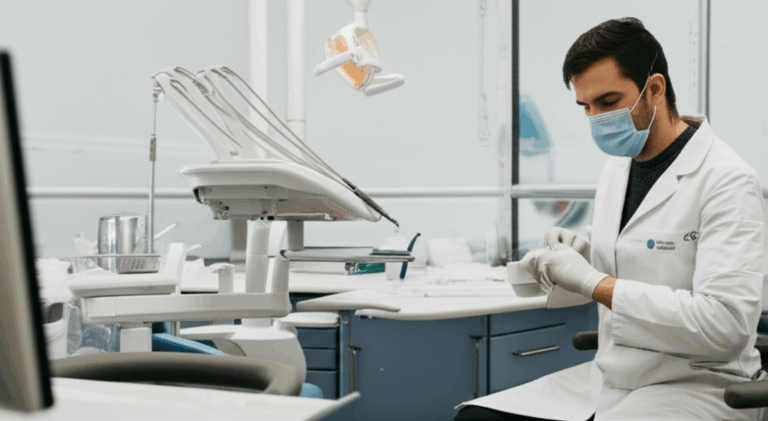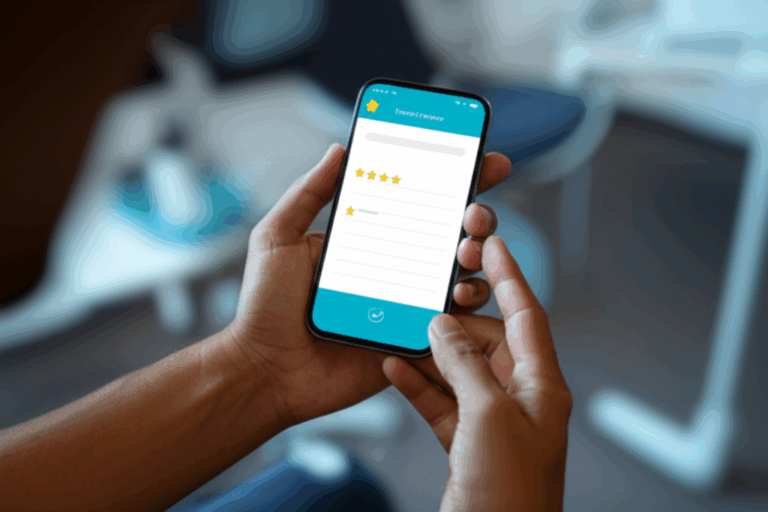
How to Become a Dentist in Texas: My Step-by-Step Journey and Practical Guide
Table of Contents
- Choosing the Right Undergraduate Major
- Essential Pre-Dental Coursework in Texas
- GPA Requirements for Dental Schools in Texas
- Gaining Experience & Building a Competitive Application
- Structure and Sections of the DAT
- Target DAT Scores for Texas Dental Schools
- Effective DAT Prep Strategies
- Choosing the Best Dental School for You in Texas
- Crafting an Outstanding Application
- Personal Statement and Letters of Recommendation
- Application Timeline and What to Expect
- Dental School Interviews: Preparation and Tips
- Four Years of Dental Education in Texas: What to Expect
- Clinical Rotations and Patient Care Experience
- Life as a Dental Student
- Cost and Financial Aid for Dental School
- Key Examinations for Licensure
- Applying to the Texas State Board of Dental Examiners
- Background Checks, Documentation, and Licensing Timeline
- General Dentistry vs. Specialties
- Pursuing Dental Specialties and Residency Programs
- Salary, Job Outlook, and Texas Geographic Variations
- License Renewal Requirements
- Continuing Education Credits
Introduction: My Path to Dentistry in Texas
If you’re thinking about becoming a dentist in Texas, I want to walk you through how I did it, step by step. It’s not always easy, but if you care about helping people and are willing to work hard, it’s totally worth it. When I started, I honestly had no clue how many things I’d have to do, but each part brought me closer to a job that makes a real difference.
From staying up late studying for the DAT to getting enough shadowing hours, handling dental school, and doing my first patient procedures, I’ll share every big step. I’ll also give you tips I wish someone told me. This guide should help you skip over common mistakes and maybe make things feel less scary.
Laying the Academic Foundation (Pre-Dental Education)
Choosing the Right Undergraduate Major
When I first thought about becoming a dentist, I thought for sure I had to major in Biology or Chemistry. But honestly, Texas dental schools don’t care what you major in, as long as you take certain science classes. I picked Biochemistry because it made it easier to fit in the needed science classes and got me ready for dental school.
If you don’t really like science, that’s fine—you can pick anything, just make sure you cover the right classes. Most people I knew did some kind of Biology or Chemistry though, because it lined up well with the dental school requirements.
Essential Pre-Dental Coursework in Texas
Every Texas dental school wants you to finish some important science classes before applying. You’ll usually need:
- General Biology with lab
- General Chemistry with lab
- Organic Chemistry with lab
- Physics with lab
- Biochemistry
- English (usually two semesters)
- Statistics or something similar
You MUST check the rules for each school you want. For example, Texas A&M College of Dentistry needed a certain order for Chemistry classes. One time I almost took the wrong Organic Chemistry class and that would’ve meant I’d lose a semester!
GPA Requirements for Dental Schools in Texas
Texas schools are tough to get into. The average GPA for accepted students at places like UTHealth and Texas A&M is usually between 3.5 and 3.7. If yours isn’t there yet, don’t give up. Focus on doing well in science, and do a post-bacc or a Master’s program if you need to.
What really helped me: I planned my schedule each semester, balanced hard classes with easy ones, and always asked for help if I got stuck. Study groups, tutoring, and talking to my professors changed my grades for the better.
Gaining Experience & Building a Competitive Application
Dental Shadowing Hours
Your grades matter, but you also need hands-on experience. I shadowed a family dentist for about 80 hours but wish I did even more. Texas dental schools usually want at least 40-100 hours of shadowing. Try to shadow different types of dentists (general, orthodontist, surgeon) to show you’ve looked around.
Volunteer & Community Service
Giving back is a big part of dentistry. We help people! I helped out at health fairs, free clinics, and even gave a talk about teeth at a school. Any regular volunteering—especially in health or teaching—looks good.
Research Opportunities
Some of my friends jumped into research projects at school about dental science or health. It helped their applications. Even if you don’t want to do research as a job, it shows you can handle new information and solve problems.
Conquering the Dental Admission Test (DAT)
Structure and Sections of the DAT
Next came the DAT—the big test you need for dental school. The DAT has:
- Survey of the Natural Sciences (Biology, General Chemistry, Organic Chemistry)
- Perceptual Ability Test (PAT)
- Reading Comprehension
- Quantitative Reasoning
The PAT is kind of strange. I had to practice funny things like angle ranking and keyholes I never saw before. The science part is a lot like your college biology and chem classes, so reviewing old notes helps.
Target DAT Scores for Texas Dental Schools
Most students who get into Texas dental schools get between 20 and 22 on each section (the national average is around 17-18). Higher scores are better, but the DAT isn’t everything. I got a 21 and felt good about my chances.
Effective DAT Prep Strategies
How you study depends on what you’re good at and what’s tough for you. For me, I used test prep books, online practice tests, and studied with friends. I studied for two months every day before my test. Don’t try to cram for the DAT—it covers too much. Full practice tests help you see where you need work. For the PAT, you might need extra time if you’re not used to those types of puzzles.
Navigating the Application Process for Texas Dental Schools
Here’s where things get real.
Choosing the Best Dental School for You in Texas
Texas has a couple of really good dental schools:
- University of Texas Health Science Center at Houston (UTHealth)
- Texas A&M University College of Dentistry (Dallas)
- Texas Tech University Health Sciences Center El Paso Woody L. Hunt School of Dental Medicine
Check out each one. Go for a visit, talk to students there, and look at things like acceptance rates, GPA/DAT averages, classes, and clinic time.
Crafting an Outstanding Application
Personal Statement and Letters of Recommendation
Your personal statement is where you tell your story. Why do you want to be a dentist? Why in Texas? I started with a story about being scared of the dentist as a kid and how shadowing changed my mind. Be honest and use real examples.
Letters of recommendation matter a lot. You want at least two from science teachers and one from a dentist. Ask early and give your recommenders a list of your stuff and experiences so they can write a strong letter.
Application Timeline and What to Expect
Texas uses the AADSAS application. You’ll need:
- Your classes and transcripts
- Your statement
- Letters of recommendation
- DAT scores
- Proof you did shadowing and volunteering
Applications open in late May. Apply as soon as you can because Texas schools look at applications as they come in, so interviews and offers start early.
Dental School Interviews: Preparation and Tips
If you get an interview—nice job! Texas schools use different styles; some want a group, some do one-on-one. They’ll ask about:
- Why you want to be a dentist
- How you’ve handled problems or tough times
- What you learned from shadowing or volunteering
- Times when you failed and what you learned
Practice with someone, dress up for the interview, and know schools want to see if you’re kind, thoughtful, and really ready.
Excelling in Dental School (DDS/DMD Program)
Four Years of Dental Education in Texas: What to Expect
Once you get accepted, the first two years are mostly science: anatomy, physiology, microbes, meds, and all the stuff teeth are made from. There’s a lot of material and the tests can be tough.
In year three, you start seeing real patients. My first patient was scary and exciting at the same time. You’ll do fillings, cleanings, tooth pulls, and more with supervisors watching.
Clinical Rotations and Patient Care Experience
In the last half of dental school you do clinical rotations. That means you work in specialty clinics like root canals, surgery, kids’ teeth, and making false teeth. Texas schools also send you to community clinics for more practice.
These clinical years are about hands-on learning. You’ll see what you’re good at and where you could use work. My toughest lesson came from a tricky crown procedure where I learned to take my time and always double-check.
If you want to learn about digital or really fancy tooth replacements, Texas schools work with top digital dental lab and crown and bridge lab places.
Life as a Dental Student
Dental school is busy—classes, labs, homework, and learning new hands-on skills. But there’s help: student groups, mentors, school counselors, and classmates help each other. Get involved with pre-dental clubs or student dental groups to make friends and get advice.
Cost and Financial Aid for Dental School
If you live in Texas, tuition is about $30,000–$35,000 per year. If you’re not a Texas resident yet, it can cost a lot more. Most people use federal loans, scholarships, and sometimes grants. The FAFSA is the main way to get money. Check for Texas programs and school scholarships.
If you want a specialty, remember that you’ll need extra years of school and maybe more loans. I handled my loans by saving money, making a budget, and doing a little tutoring on the side.
Achieving Licensure in Texas
When you finish dental school, you have a couple more things to do. You need to pass some exams and fill out the right forms.
Key Examinations for Licensure
INBDE (Integrated National Board Dental Examination)
The INBDE combined the old two-part boards into one big test. It covers all the main science, clinical, and patient skills. Most students take it in year four.
Jurisprudence Exam
This test is only for Texas dentists and is about state laws, dental rules, privacy, and how to act professionally. It’s open book, but don’t take it lightly—read the rules on the Texas State Board site and pay attention to details.
Clinical Examination Requirements
Texas accepts different regional clinical exams like WREB, CDCA, and CRDTS. They test you doing basic procedures, usually on practice teeth or test patients.
Applying to the Texas State Board of Dental Examiners (TSBDE)
You’ll need to file an application, send your proof of graduation, show your test scores, do a background check, and pay some fees. The Texas board looks it all over, and if everything’s good, they’ll send your dentist’s license in a few weeks or months. Stay organized and follow up if you don’t hear back.
Career Paths & Specializations in Texas Dentistry
General Dentistry vs. Specialties
Most new dentists do general work first—exams, fillings, crowns, and root canals—in a private office, group practice, or clinic.
If you want, you can go for a specialty like braces, surgery, kids’ teeth, gum health, or making dentures. These spots are harder to get, need extra school, and more tests.
I was interested in cosmetic dentistry, so I checked with veneer lab and emax dental labs to learn more about fixing and improving smiles.
Pursuing Dental Specialties and Residency Programs
Texas has some really good specialty programs, especially at UTHealth and Texas A&M. Each one has its own application, needs good grades, strong recommendation letters, and sometimes interviews.
If you’re thinking about a specialty, keep your grades up, look for mentors, and try some research or specialty clinics early.
Salary, Job Outlook, and Texas Geographic Variations
There are good job chances for Texas dentists. Most make about $140,000 to $200,000 a year, but it depends on where you work, how experienced you are, and your specialty. Big cities have more dentists, but rural areas offer bonus pay and more independence.
Maintaining Your License & Continuing Education
License Renewal Requirements
Texas dentists have to renew their license once a year, usually by your birthday. You’ll need to fill out a renewal form, show proof of classes you’ve taken to keep your skills up, and pay a fee.
Continuing Education Credits
You need to finish a set number of continuing education (CE) hours every year or two. These include things like infection safety, ethics, and office rules. Keep a list of the classes you take and the certificates, because sometimes the board checks.
Most dental groups like the Texas Dental Association give lots of options for these courses. You’ll also find useful tips in the dental practical guide.
Conclusion: Is Becoming a Dentist in Texas Right for You?
Looking back, becoming a dentist in Texas was hard but worth it. This isn’t a job you just fall into—it takes planning, hard work, and a real desire to help. But if you stay focused, ask for help when you need it, and just keep going, you can have a respected and needed career.
No one’s path is perfect. You’ll hit bumps, stay up late, and have doubts. But you’ll also get the awesome feeling of helping your first patient, fixing smiles, and finally seeing “DDS” or “DMD” after your name.
If you have more questions, check out the dentist info page or talk to pre-dental advisors at Texas schools. Your path might not be the same as mine, but if you want it and work for it, you’ll get there.
Texas needs caring and skilled dentists. If you think this could be you, take your first step today. Good luck!








